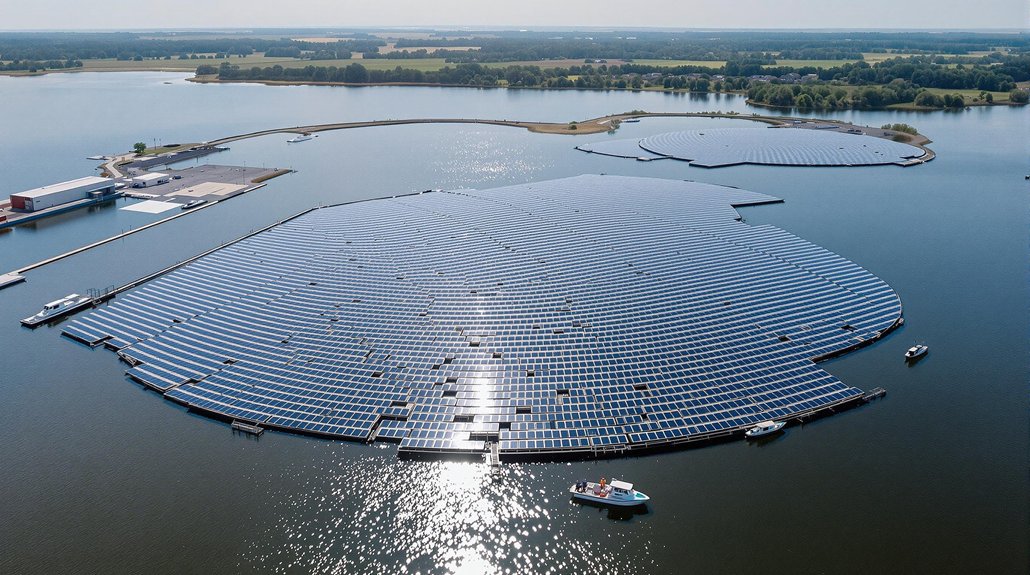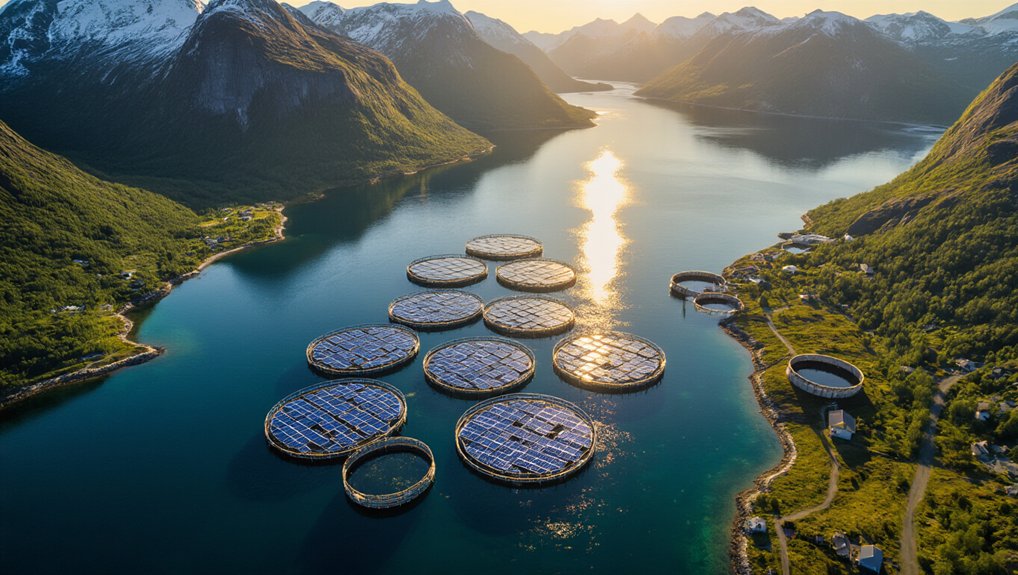Spain’s massive blackout in April 2025 has energy experts pointing fingers at renewable dependence. When wind speeds plummeted to 2-3 mph, the country’s 56% renewable grid couldn’t keep up. Airports closed. Metros stopped. Phone networks died. Payment systems crashed. Sure, green energy cuts emissions, but what good is saving the planet if you can’t keep the lights on? The real question: can renewable reliability catch up to renewable ambition?
While Spain’s government has proudly touted its commitment to renewable energy for years, the massive blackout that struck the Iberian Peninsula on April 28, 2025, has exposed the fragile underbelly of such ambitious green initiatives.
With power suddenly dropping by 50% across Spain at 12:30 pm Monday, the country found itself in darkness alongside Portugal and parts of France. Even Belgium reported outages. So much for that shiny green future we keep hearing about.
Just more proof that the green dream becomes a nightmare when the wind refuses to blow.
The timing couldn’t have been worse. Wind speeds had crawled to a pathetic 2-3 mph in the 24 hours before the blackout. Spain, with its impressive 56% renewable energy portfolio, was suddenly left scrambling. Half of that renewable energy typically comes from wind. No wind, big problem.
Red Eléctrica called the situation “exceptional and completely extraordinary.” That’s corporate speak for “we’re totally unprepared for this.” The restoration process was estimated at 6-10 hours. Meanwhile, people sat in darkness.
The domino effect was immediate and brutal. Barajas Airport in Madrid shut down. Valencia’s metro stopped. Phone networks collapsed. Can’t even buy a coffee when electronic payment systems are down. Fun times.
Cross-border dependencies made everything worse. France had been begging Spain for extra electricity before the lights went out. The UK was struggling too, with London importing 58% of its power. Everyone was hunting for electrons in a suddenly barren market. This highlights why electricity generation remains the largest contributor to energy-related emissions, accounting for over 40% of the 14.6 gigatons of CO2 released annually.
Experts now suggest the Iberian power grid’s heavy reliance on renewables might have increased its vulnerability to faults or cyber attacks. The National Intelligence Centre and Portuguese government suggested a possible cyberattack might be behind the outage, though investigations continue. The European Union Agency for Cybersecurity has indicated that technical fault is the likely cause rather than malicious activity. The shift to green energy is creating unforeseen challenges. Who knew that depending on the weather would be risky?
Electricity eventually returned to France, according to grid manager RTE. Spain and Portugal followed slowly. But the damage was done. The blackout has raised alarming questions about renewable-dependent systems. Great for the environment, perhaps. Reliable? That answer just got a whole lot murkier.
References
- https://www.euronews.com/my-europe/2025/04/28/spain-portugal-and-parts-of-france-hit-by-massive-power-outage
- https://www.telegraph.co.uk/business/2025/04/28/what-could-be-behind-europes-power-outage/
- https://www.israelhayom.com/2025/04/28/massive-blackout-cripples-portugal-spain-shuts-madrid-airport/









